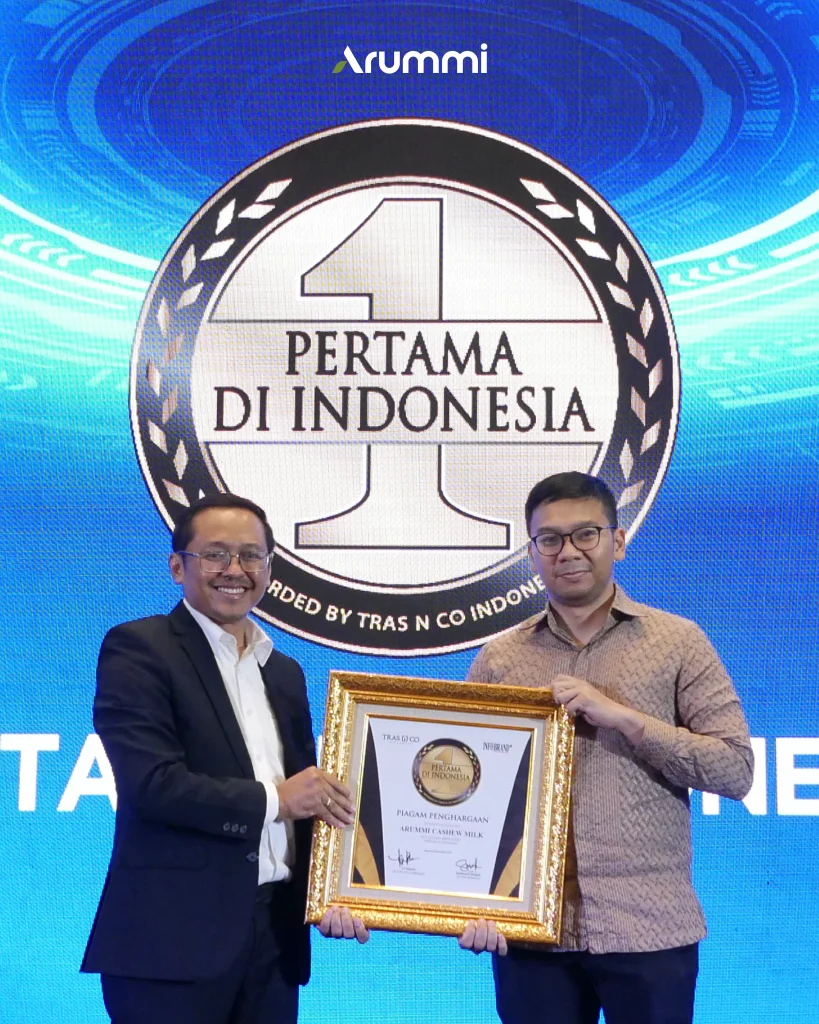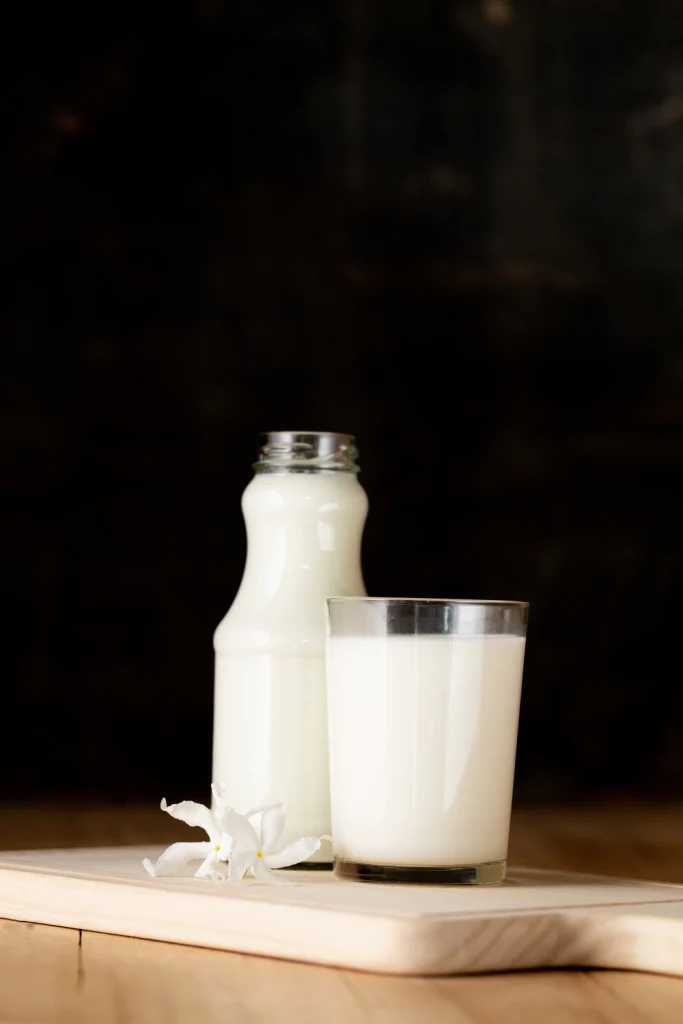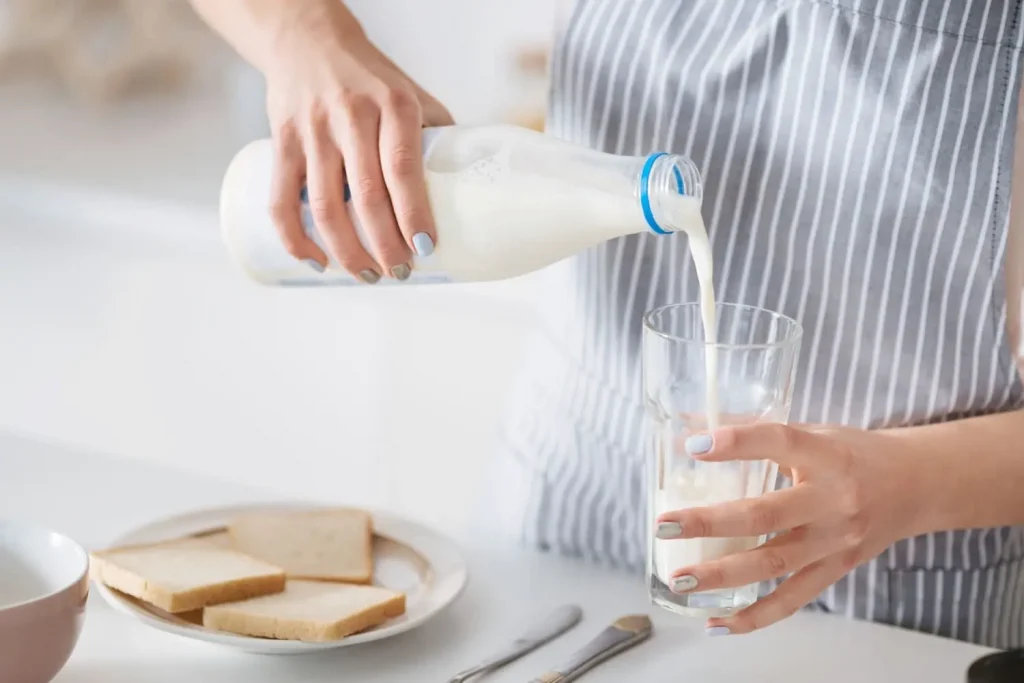Monosaccharide is found in various natural sources, fructose plays an important role in influencing the taste of foods and providing energy to the body.
In this article, we will discuss what fructose is, foods containing fructose, also considerations and tips for consuming it.
What is Fructose?
Fructose is a type of natural sugar that gives food its sweet taste. Its presence in food provides a sweet taste and the energy needed by the body. When it is consumed, fructose is broken down into glucose, fueling various metabolic processes.
Foods which Contain Fructose
You often consume fructose in various everyday foods, especially fruits and honey. Although it is usually associated with fruit sugar, there are other ways to obtain it! Fructose can also be produced from the digestion of sucrose.
Sucrose, better known as granulated sugar, is a disaccharide consisting of one molecule of glucose and fructose. When you eat foods that contain sucrose, such as sugar, candy, or sugary drinks, the digestive enzymes in your body will break down the sucrose into glucose and fructose.
Who is Suitable to Consume Foods Containing Fructose?
Fructose is suitable for consumption by most people, except for those with certain health conditions that require special restrictions on fructose consumption.
You can safely consume foods containing fructose if you have a healthy body and balanced diet. Apart from fructose, consuming fructose sources from fruits also provides additional benefits in the form of various nutrients that are important for your health.
Who is Unsuitable for Consuming Foods that Contain Fructose?
While fructose is generally considered safe for consumption, some groups must be cautious about consuming foods containing fructose.
1. Individuals with Fructose Intolerance
In this condition, the body is usually unable to break down fructose. As a result, fructose that cannot be adequately processed can accumulate and lead to various health problems. Common symptoms include indigestion, liver problems, and kidney problems. This condition is genetic and is typically inherited from parents to their children.
Individuals with fructose intolerance should avoid consuming foods high in fructose. Avoiding fructose-rich foods can help reduce the symptoms and complications of this condition. Instead, consuming foods low in fructose and seeking alternative sources is advisable.
2. Individuals with Irritable Bowel Syndrome
In a small percentage of patients with Irritable Bowel Syndrome, fructose malabsorption may be one of the triggers of gastrointestinal symptoms such as bloating, abdominal pain, diarrhea, or constipation. Reactions to fructose malabsorption may vary between individuals. Some patients may be more sensitive to fructose than others, and the symptoms may also vary from mild to severe.
However, not all symptoms experienced by Irritable Bowel Syndrome patients are associated with fructose malabsorption. Many other factors can influence, such as food intolerance, stress levels, anxiety, and other psychological factors. Therefore, it is essential to remember that diagnosing and managing this condition requires a holistic approach with medical professionals.
Tips for Consuming Fructose
To avoid potential health problems that can arise due to fructose consumption, here are some tips that you can apply:
1. Watch the Portion
When consuming foods containing fructose, paying attention to portion size is essential to control fructose intake and avoid overconsumption.
2. Combine with Other Foods
Properly combined foods can help regulate and maximize nutrient absorption. For example, consuming fructose and protein-containing foods can help control the impact of fructose intake on the body and provide additional nutrients that are important for your body.
3. Consult a Health Professional
If you have certain health conditions or are experiencing troubling symptoms after consuming foods containing fructose, it is essential to consult a doctor or nutritionist. They can provide advice and recommendations appropriate for your condition and assist in planning the proper diet for your health needs.
Arummi Cashew Milk – A Low Sugar Healthy Drink Option
To manage your fructose intake and choose a healthier option, consider cashew milk, a low-sugar plant-based milk alternative. Enjoy its delicious taste while maintaining your health by selecting a brand with minimal fructose content and no additional fructose added.
Arummi Cashew Milk is a good choice for you. Let’s get it at your nearest supermarket now!









































